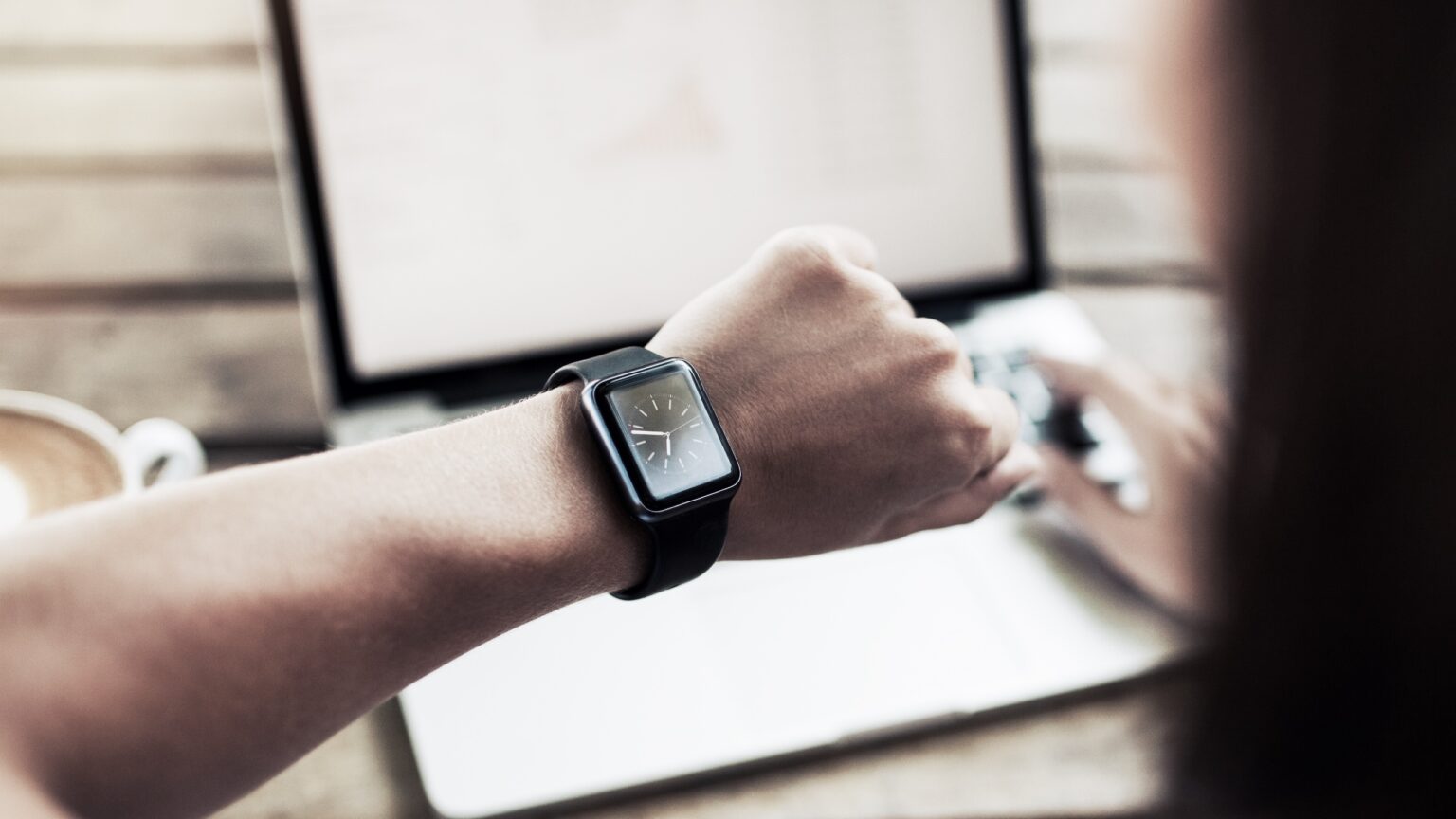Teenagers in China will be restricted to using their phones for just an hour per day under new draught rules proposed by the state’s cyberspace regulator, reports Insider.
The Cyberspace Administration of China unveiled proposed guidelines aimed at addressing “the issue of internet addiction among minors,” which include implementing restrictions to safeguard young users. In order to effectively strengthen the protection of minors’ online experience, the National Network Information Office has guided website platforms in recent years to continue promoting the construction of youth models, expanding coverage;
“optimizing functional settings, and enriching age-appropriate content,” reads the raw translation of the draft.
If the rules are enacted into law, no individual under the age of 18 in China will be permitted to use a smartphone for more than two hours per day.
🇨🇳 China is proposing to limit screen time for minors to a maximum of two hours per day.
🔸Apps would have to implement a "minor mode" that would automatically close them when the time limit is up
🔸It would also offer "age-based content" & block access between 10 pm & 6 am pic.twitter.com/Vfzidp4c8j
— BattlementLK 🇱🇰 (@BattlementLK) August 3, 2023
The regulator’s proposal entails equipping all smartphones with a readily accessible “minor mode,” ensuring that children cannot use their phones from 10 p.m. to 6 a.m., except for educational products and emergency services.
The proposed guidelines include “exclusive content pools” categorized by different age groups. For children under three, the recommendation is to provide songs and other audio-focused content.
Parents in China to monitor social media activity
Furthermore, parents will have the authority to manage their children’s viewing preferences, including the ability to block or follow users on social media apps.
“The app should provide minors and parents with social management permissions, allow to follow or block specific users, and limit the scope of disclosure of specific information,” reads the first clause of the social management requirements of the draft.
Moreover, the proposed rules state that social networking applications operating in the “minor mode” should refrain from providing external links that may promote internet addiction or expose minors to harmful online content detrimental to their physical and mental health.
Additionally, for applications other than instant messaging tools, the private message function from strangers must be disabled in the minor mode.
According to the draft, smart mobile devices must have anti-bypass functions, ensuring that once the underage mode is activated, any attempts to exit this mode or restore factory settings require verification and confirmation from parents.
Furthermore, mobile terminals with the minor mode enabled must prominently display the icons providing minor mode service functions on the level-1 page of the desktop.
These icons should remain accessible at all times, without being uninstallable, frozen, hidden, or forcibly terminated to guarantee continuous parental supervision.
Additionally, in the minor mode, any attempts to activate the developer mode must also undergo verification and confirmation by parents.
“In the minor mode, if the developer mode needs to be activated, it should be verified and confirmed by the parents,” reads the draft.
Diverse reactions to the draft
Amid ongoing discussions on the proposed draft to protect minors, a Twitter user’s response is striking, reflecting intense emotions and concerns.
China wants to limit teens to using their phones for just an hour a day to fight rising 'internet addiction' https://t.co/NkTK0w00FP
— Nadeem Ansari FCIM F IDM (@nadeemansary) August 3, 2023
“You guys are Communist Government and it’s a selective decision! Want fly here you have children telling their parents what to do! Can you imagine a child saying I’m not doing Jack take my phone! Common here! Different words too!,” tweeted Bernadette Mitchel.
“They are so much smarter than the progressive west,” wrote another user on Twitter.
“It’s not on the government to limit kid’s screen time… That’s called being a parent,” expressed one Redditor.









 and then
and then